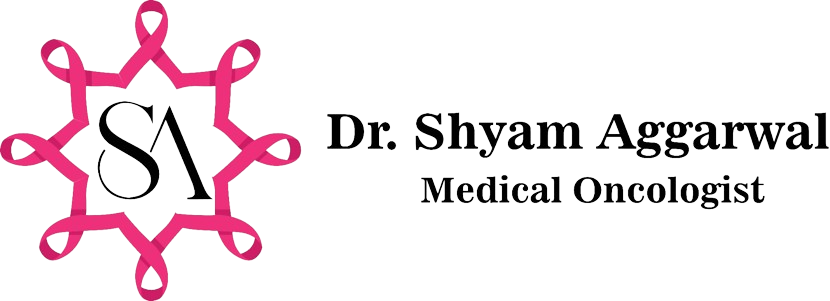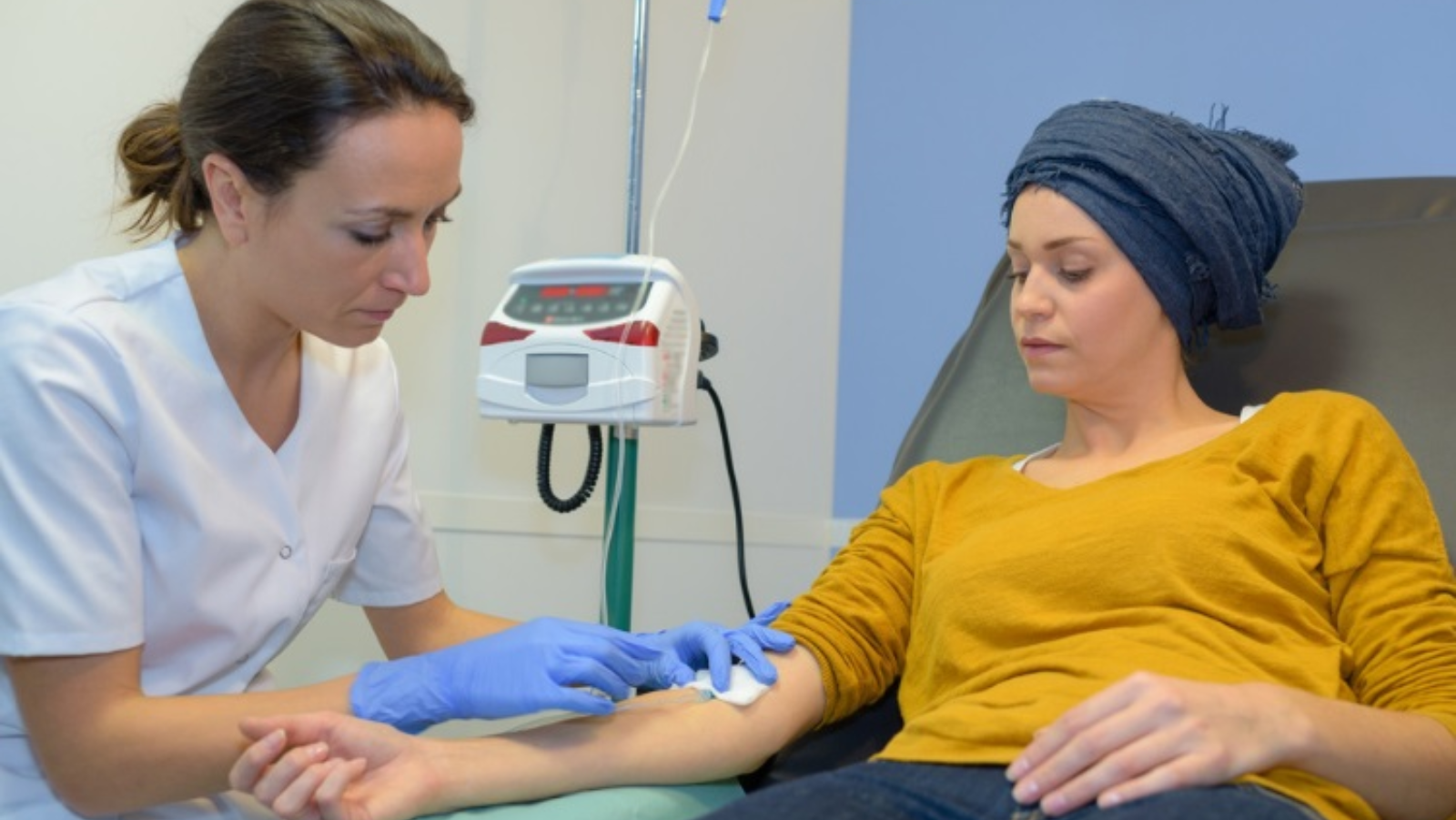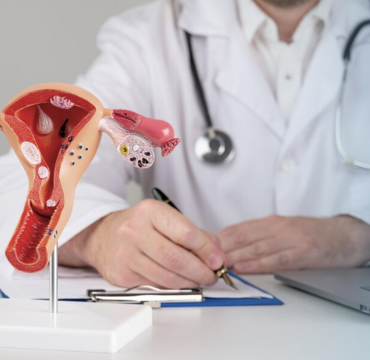.png)
About
Targeted therapy is a type of cancer treatment that specifically targets cancer cells while sparing healthy cells. Unlike chemotherapy, which affects both healthy and cancerous cells, targeted therapy aims to interfere with specific molecules involved in tumor growth and progression. Here are some types, side effects, and benefits of targeted therapy
Types of Targeted Therapy:
1. Monoclonal Antibodies: These are laboratory-produced molecules that can bind to specific targets on cancer cells, marking them for destruction by the immune system or inhibiting their growth.
2. Tyrosine Kinase Inhibitors (TKIs): These drugs interfere with the activity of specific enzymes called tyrosine kinases, which are often overactive in cancer cells, thereby halting cancer growth and spread.
3. Hormone Therapies: Targeting hormone receptors, such as estrogen or androgen receptors, can be effective in cancers that are hormone-sensitive, like breast and prostate cancers.
4. Angiogenesis Inhibitors:These drugs block the formation of new blood vessels that tumors need to grow, essentially starving the cancer cells.
5. Protein Kinase Inhibitors: These drugs target various proteins involved in cell signaling pathways that promote cancer growth and survival.
Side Effects of Targeted Therapy:
1. Skin Rash and Dryness
2. Gastrointestinal Issues.
3. Fatigue
4.Liver Problems
5. High Blood Pressure
Benefits of Targeted Therapy:
1. Precision.
2. Effective in Specific Types of Cancer
3. Improved Survival Rates
4. Combination Therapies
5.Personalized Treatment








